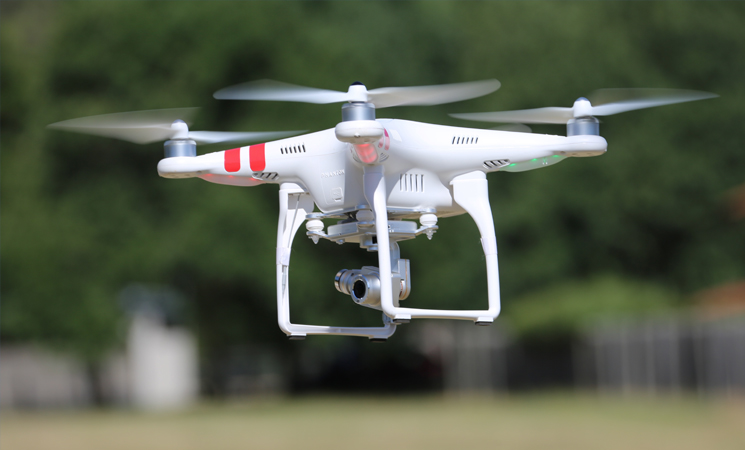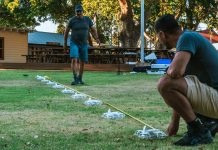The Civil Aviation Safety Authority (CASA) will lessen the requirements for remotely piloted aircraft (RPA) after amendments to Part 101—the rules governing unmanned flight—were approved.
Taking effect from 29 September 2016 commercial operators flying RPAs weighing less than two kilograms will not require an operator’s certificate or a remote pilot licence.
These operators will simply need to notify CASA before they fly and operate in accordance with a set of standard operating conditions.
These mandatory conditions include flying only in day visual line of sight, keeping more than 30 metres away from other people, flying more than 5.5 kilometres from controlled aerodromes and not operating near emergency situations.
CASA will provide an easy-to-use online notification system.
The package of changes made to the regulations covering RPAs also permits private landholders to carry out a range of activities on their own land without the need for approvals from CASA.
This includes remotely piloted aircraft up to 25 kilograms in weight where no money is paid for flights.
CASA’s Director of Aviation Safety, Mark Skidmore, said the changes to the remotely piloted aircraft regulations maintain appropriate safety standards while cutting red tape.
‘While safety must always come first, CASA’s aim is to lighten the regulatory requirements where we can,’ Mr Skidmore said.
‘The amended regulations recognise the different safety risks posed by different types of remotely piloted aircraft.
‘People intending to utilise the new very small category of commercial operations should understand this can only be done if the standard operating conditions are strictly followed and CASA is notified.
‘Penalties can apply if these conditions are not met.’
CASA will be releasing more information over the coming months detailing the full changes.
The explanatory statement for the changes can be found on the Australian Government’s Federal Register of Legislation.





